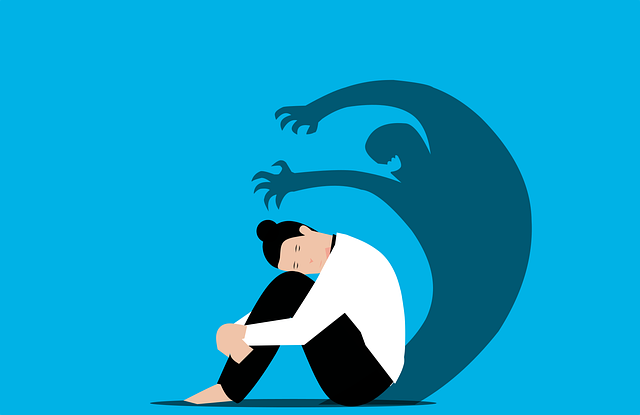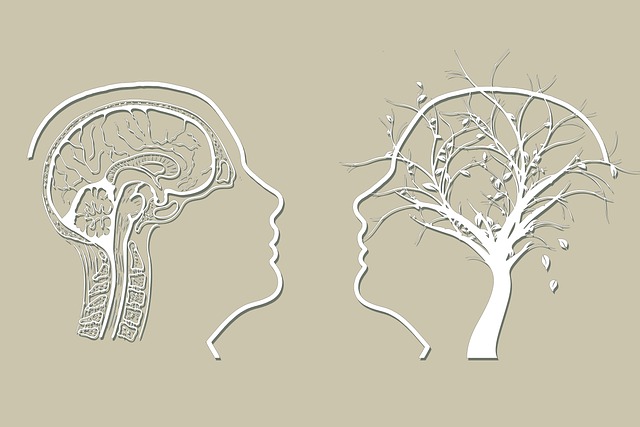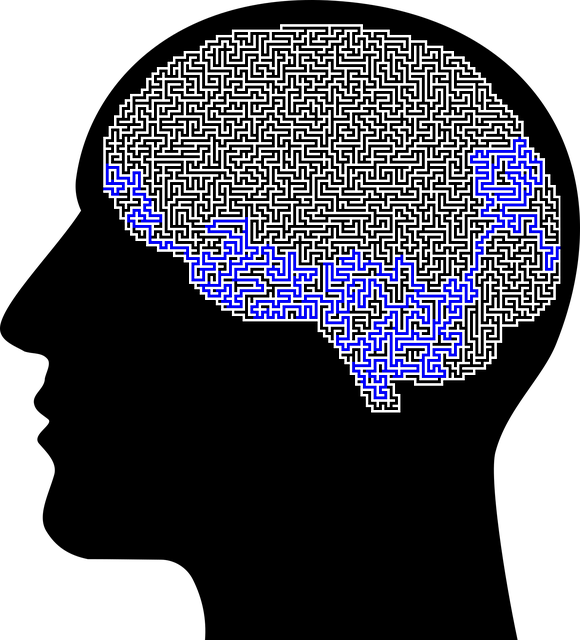Littleton Pain Management Therapy prioritizes Recovery, Resilience, and Mental Health (RFM) principles through mindfulness meditation and community outreach programs. These practices empower healthcare providers to manage stress, maintain equanimity, and support patients' well-being. They teach Mind Over Matter principles, helping individuals view pain as a signal rather than an enemy and fostering resilience. Using data-driven metrics and cultural competency training, the therapy measures client progress, adjusts interventions, and promotes lasting resilience for diverse backgrounds.
Resilience is a crucial aspect of mental well-being, especially in today’s fast-paced world. The RFM (Resource, Resilience, and Meaning) model offers a comprehensive framework for building resilience. This article explores the implementation of resilience exercises, focusing on their clinical application and the unique contribution of Littleton Pain Management Therapy. We’ll delve into strategies for successful measurement and adjustments, providing insights into enhancing mental fortitude and overall well-being, with a special emphasis on the therapeutic benefits of Littleton Pain Management Therapy.
- Understanding RFM: A Key to Resilience Building
- Implementing Resilience Exercises in Clinical Practice
- The Role of Littleton Pain Management Therapy
- Measuring Success and Adjusting Strategies
Understanding RFM: A Key to Resilience Building

Resilience is a vital asset for individuals navigating challenging situations, and Understanding RFM (Recovery, Resilience, and Mental Health) is a cornerstone in building this strength. At Littleton Pain Management Therapy, we recognize that healthcare providers, especially those facing daily stressors like burnout prevention strategies, can greatly benefit from RFM principles. This approach encompasses not just recovery from physical or emotional pain but also fostering resilience to thrive amidst adversity.
By integrating mindfulness meditation and community outreach program implementation, healthcare professionals can enhance their own mental health and better support patients’ journeys. These practices enable them to navigate the hustle and bustle of daily life and patient care with greater equanimity, ensuring they are equipped to handle stress and maintain a positive mindset.
Implementing Resilience Exercises in Clinical Practice

Implementing Resilience Exercises in Clinical Practice involves integrating evidence-based strategies that empower individuals to cope with life’s challenges and stress. At Littleton Pain Management Therapy, we believe that resilience is a key component of overall well-being, similar to how Mental Health Education Programs Design focus on empowering individuals with knowledge and skills to navigate mental health issues effectively. By incorporating exercises that foster Emotional Intelligence and Inner Strength Development, our therapists help clients build a buffer against adversity.
Through tailored interventions, we guide patients in cultivating positive mindset shifts, enhancing self-awareness, and developing coping mechanisms that promote emotional regulation. These practices not only aid in managing pain but also strengthen the mind-body connection, enabling individuals to lead more fulfilling lives. Our approach is rooted in the understanding that resilience is a skill that can be learned and strengthened over time, making it a valuable aspect of clinical practice for organizations like Littleton Pain Management Therapy.
The Role of Littleton Pain Management Therapy

Lilton Pain Management Therapy plays a pivotal role in empowering individuals to overcome physical and mental pain, fostering resilience as a key outcome. This holistic approach incorporates Mind Over Matter principles, encouraging patients to reframe their relationship with discomfort. Through specialized techniques, therapists guide clients towards understanding that pain is a signal, not an enemy, allowing for more adaptive responses.
By integrating these practices into routine care, Littleton Pain Management Therapy enhances the overall effectiveness of risk management planning for mental health professionals. It equips individuals with tools to navigate life’s challenges, promoting mental fortitude and empowering them to make proactive decisions regarding their well-being. This, in turn, paves the way for improved resilience, enabling people to bounce back from adverse situations with enhanced mental and emotional agility.
Measuring Success and Adjusting Strategies

Measuring success is a critical component of any resilience-building program, especially when implementing RFM (Recovery, Flexibility, and Mastery) exercises. At Littleton Pain Management Therapy, we utilize tailored metrics to assess each client’s progress, ensuring that our strategies remain effective and aligned with their unique needs. This data-driven approach allows us to identify areas where clients are thriving and those requiring additional support. For instance, tracking improvements in pain management techniques through regular check-ins can demonstrate the success of mindfulness meditation sessions.
Adjusting strategies based on these measurements is essential for long-term resilience. Our healthcare provider cultural competency training enables us to consider diverse client backgrounds and tailor interventions accordingly. This flexibility ensures that crisis intervention guidance remains relevant and accessible, fostering a supportive environment where clients can navigate challenges with enhanced coping mechanisms. By continuously evaluating and refining our approach, we aim to empower individuals to build lasting resilience.
Resilience is a powerful tool for managing pain, as evidenced by the successful implementation of RFM and resilience-building exercises. As highlighted in this article, understanding RFM principles, such as those offered by Littleton Pain Management Therapy, is crucial for clinical practice. By incorporating specific resilience exercises, healthcare professionals can empower patients to navigate pain effectively. Measuring success through regular assessments allows for strategic adjustments, ensuring personalized care. With consistent application, these methods have the potential to revolutionize pain management, offering a holistic approach that goes beyond traditional treatments.














